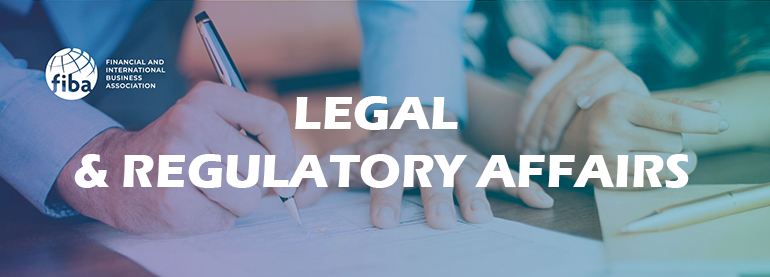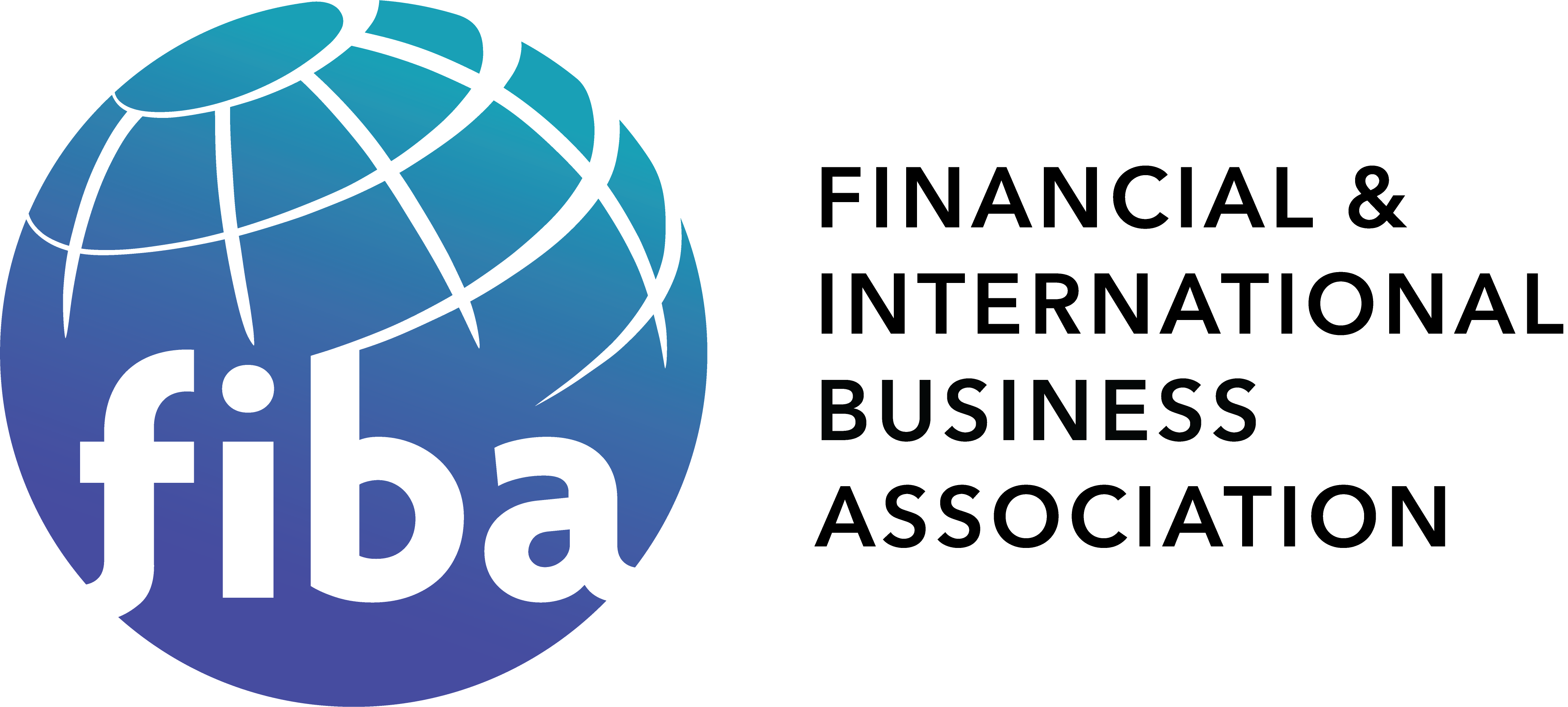Thomson Reuters Accelus
Brett Wolf, Regulatory Intelligence
As Venezuela descends into chaos with protesters and security forces violently clashing in the streets of Caracas, antimony laundering compliance officers in Miami and elsewhere in the United States must heighten their vigilance for corruption proceeds and other dirty money flowing out of the troubled South American nation, experts say. The key is conducting thorough customer due diligence, but that may in some cases be easier said than done.
Corruption has long been rampant in Venezuela and a humanitarian crisis caused by food and medicine shortages as well as the Supreme Court’s recent short lived decision to take over the powers of the country’s opposition controlled Congress have added to the mammoth financial crime risks. At least one U.S. banking giant, Citigroup Inc, found the risks to be beyond its tolerance in July of last year, before the situation reached the crisis point of today.
The situation is anything but ordinary. In February, the U.S. Treasury Department blacklisted Vice President Tareck Zaidan El Aissami Maddah, designating him a drug kingpin and linking him to an alleged “frontman,” Venezuelan national Samark Jose Lopez Bello.
Page 190 of the annual U.S. State Department International Narcotics Control Strategy Report released last month states that thanks to “weak AML supervision and enforcement” and a litany of other problems “conditions in Venezuela allow ample opportunities for financial abuses.”
“What would an AML compliance officer not consider high risk in Venezuela given everything that’s going on?” Sven Stumbauer, director of financial crimes compliance Latin America for consulting firm AlixPartners, told Thomson Reuters Regulatory Intelligence. “You’ve got unrest, you’ve got widespread corruption, and on top of that you’ve got a vice president who made it onto the OFAC list as a drug kingpin.”
Venezuela is “a great concern” for antimoney laundering (AML) compliance officers due to the abovementioned issues as well as currency restrictions that fuel an active parallel currency market where drug trafficking proceeds, corruption funds, and even legitimate business proceeds mingle into a potentially toxic brew for foreign banks, said Daniel Gutierrez, chair for the AML compliance committee for the Florida International Bankers Association.

